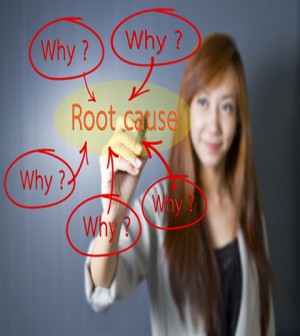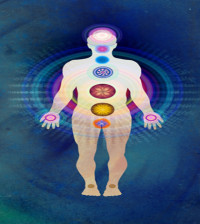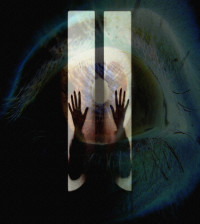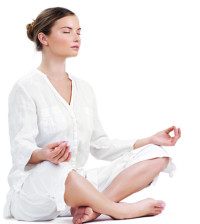- 5 Tips To Finding Peace Within Yourself
- The Do’s and Don’ts of Learning How to Accept Yourself
- How to Find Your Inner Peace and Transform Your Life
- 8 Benefits of Having an Open Mind and How to Get One
- Learn How To Be A Happier Person
- What Is The Meaning Of Life?
- Laws of Abundance – The Riches of Love and Joy
- How to Be Laid Back By Following These 9 Simple Strategies
- The meaning of confucius’ golden rule – 4 practical ways of living it
- 3 methods of unleashing the power of contentment in your life
Generalized Anxiety Disorder: Cause and Treatment

If you have anxiety, you may find yourself wondering, “What is the cause of anxiety?” Generalized anxiety disorder (GAD) is a mood condition characterized by multiple worrying and fear. This fear interferes with your ability to sleep, function, and live normally. Because anxiety leads to emotional and behavioral symptoms, you may find it difficult to overcome this illness alone. Find out what causes anxiety and what you can do about it.
Are there more than one anxiety disorder?
Yes, there are several forms of anxiety disorders. These include generalized anxiety disorder, panic disorder, social anxiety disorder, posttraumatic stress disorder, and obsessive compulsive disorder. GAD is the most commonly occurring of the anxiety conditions.
How common is generalized anxiety disorder?
GAD is common, affecting about 5% of people at some point during their lifetime. The condition usually begins when you are in your early 20s. Researchers estimate that around 1% of children have anxiety. Women tend to develop GAD more often than men, and younger adults have social anxiety disorder and GAD more often than older adults.
What are causes and risk factors for anxiety?
We all want to know, “what is the cause of anxiety.” Understanding the cause helps us deal with our condition easier. The exact cause of GAD is not known to scientists. As with many forms of mental illness, a combination of things contributes to the development of GAD. Some studies show that particular brain structures that control mood and memory are affected in some way. Experts are sure that trauma or a significant life event could trigger an anxiety disorder for those who have an inherited susceptibility for anxiety. Most researchers agree that a combination of factors contribute to the cause of GAD.
Risk Factors
Many risk factors contribute to the development of GAD. Some of these include:
- Inhibited temperament
- Parental anxiety
- Smoking during adolescence
- Early onset of puberty
External Factors
Common external factors cause anxiety for some people. These include:
- Stress from school or work
- Stress in a personal relationship
- Financial stress
- Side effects of medicines
- Stress from a serious medical illness
- Illicit drug use
- Stress from emotional trauma
What are anxiety symptoms and signs?
The signs and symptoms of GAD vary from person to person. Not everyone has every symptom- some have all, some have just a few, others have just one.
The most common symptoms and signs include:
- Trouble concentrating
- Restlessness and irritability
- Muscle tension
- Felling like your mind goes blank
- Becoming easily fatigued
- Insomnia
- Avoidance of people, places or certain situations
- Difficulty trusting others
- Palpitations
- Shortness of breath
- Chest pain or tightness
- Sweaty palms
- Nausea or upset stomach
- Diarrhea or loose bowel movements
- Shaking or trembling
- Numbness or tingling sensations
- Feeling like you are going insane
- A sense of impending doom
How is meditation used to treat anxiety?
Meditation is the body-mind practice of alternative medicine that is commonly used in the therapy of anxiety. This method of stress relief produces as sense of wellness and gives you the ability to cope with GAD. Scientists think that the release of the chemical serotonin contributes to improvement in anxiety and depression. When you meditate, you uptake and utilize serotonin properly, easing your stress and worry. Meditation helps the anxiety sufferer focus their mind on other thoughts than the negative feelings that overwhelm them. This is a “mind over matter” technique where you sit quietly for a short period of time and relax your mind. Medication slows the heartbeat, eases palpitations, lowers the blood pressure, and calms the soul.








































You must be logged in to post a comment Login